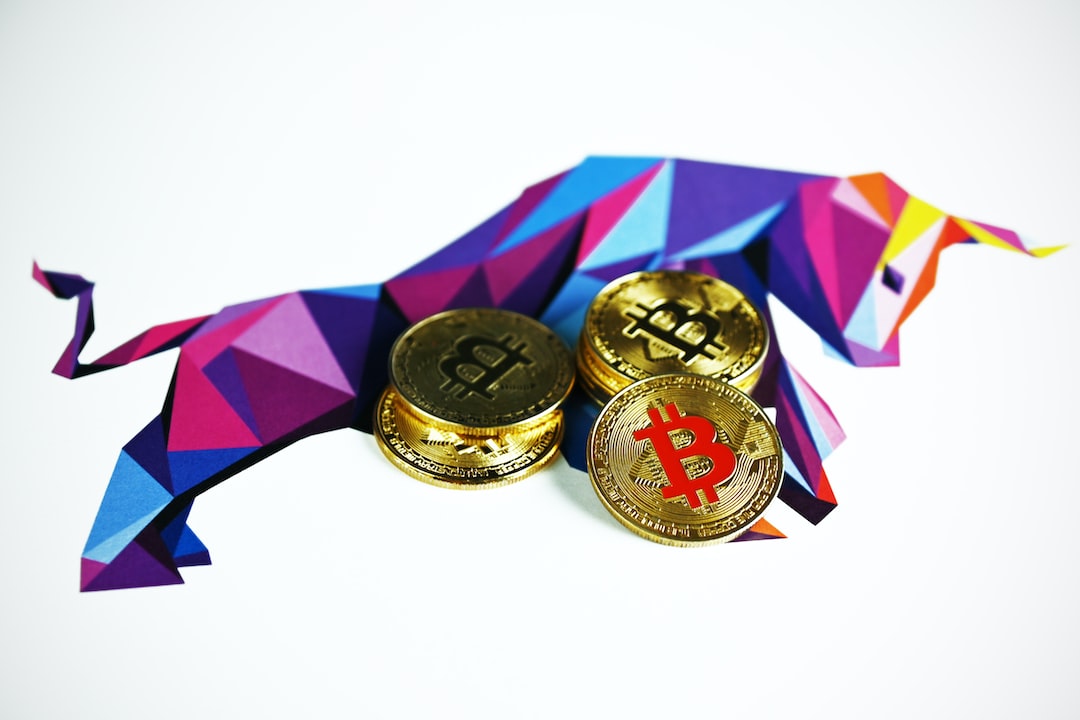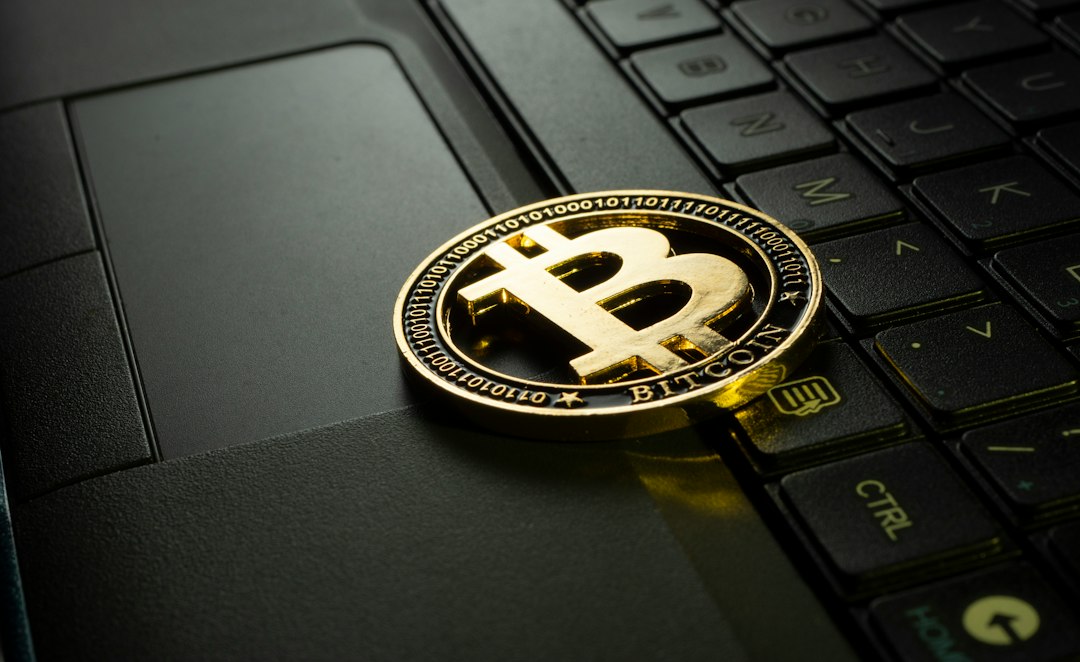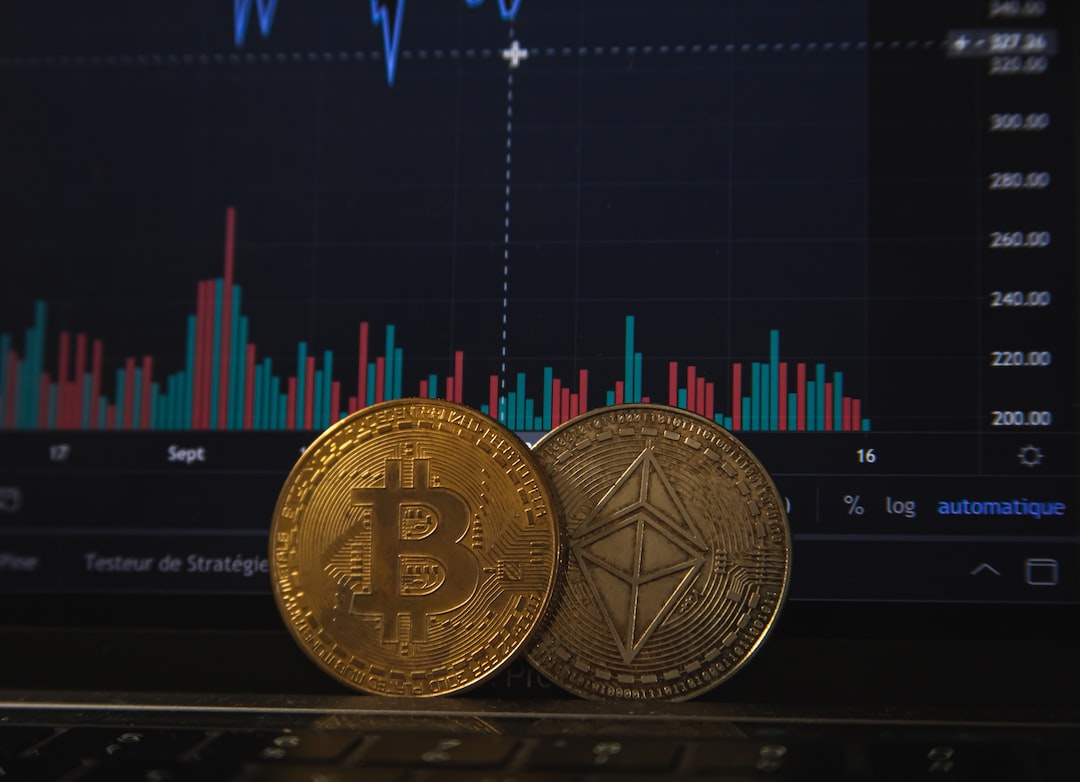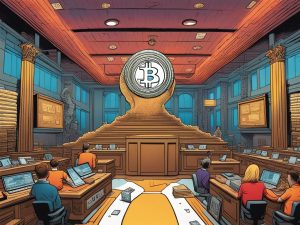APENFT: The Next Big Player in the NFT Industry
If you’ve been keeping an eye on the cryptocurrency world, you’ve probably heard about the rise of non-fungible tokens (NFTs). These digital assets have taken the art and collectibles world by storm, with some NFTs selling for millions of dollars. One project that’s been making waves in the NFT space is APENFT, a decentralized platform for creating, buying, and selling NFTs.
What is APENFT?
APENFT is a blockchain-based platform that allows users to create and trade NFTs. It is built on the Binance Smart Chain, which means that transactions are fast and inexpensive. The platform also uses a unique proof-of-stake consensus mechanism called Delegated Proof of Stake (DPoS), which ensures that transactions are secure and reliable.
APENFT aims to be a one-stop shop for all things NFT-related. Whether you’re an artist looking to tokenize your work, a collector looking to buy rare digital assets, or a developer looking to build NFT-based applications, APENFT has something for you.
Why APENFT?
One of the main reasons why APENFT stands out in the crowded NFT space is its commitment to decentralization. The platform is governed by a decentralized autonomous organization (DAO), which means that decisions about the platform are made by its community members rather than a central authority.
This commitment to decentralization means that APENFT is not only resistant to censorship and manipulation but also gives its users more control over their digital assets. When you buy or create an NFT on APENFT, you can be sure that it’s truly yours, without any interference from third parties.
The APENFT Ecosystem
The APENFT ecosystem is diverse and vibrant, with various features and products designed to cater to different user needs. At its core, APENFT offers an NFT marketplace where users can buy and sell digital assets. This marketplace features a wide range of NFTs, including art, music, videos, and more.
- NFTime: This is an innovative feature that allows creators to embed time-limited content into their NFTs. For example, an artist could create an NFT that unlocks exclusive content for a limited time period.
- NFMint: This feature allows users to easily create their own NFTs without any technical knowledge. It’s perfect for artists who want to tokenize their work or collectors who want to create unique digital assets.
- NFDonate: This feature enables charitable giving through NFTs. Users can donate their NFTs to support causes they care about, creating a new way for philanthropy in the digital age.
The APEN Token
The native token of the APENFT ecosystem is called APEN. This token serves as the fuel for the platform, powering transactions and governance decisions within the DAO. Holders of APEN tokens have voting rights in the DAO and can participate in shaping the future of the platform.
Furthermore, users can stake their APEN tokens to earn rewards and participate in liquidity mining programs. This incentivizes active participation in the ecosystem and rewards those who contribute to its growth.
Closing Thoughts
If you’re interested in getting involved in the exciting world of NFTs, APENFT is definitely worth checking out. With its commitment to decentralization, vibrant ecosystem, and innovative features, it’s poised to become a major player in the NFT industry. Whether you’re an artist looking to tokenize your work or a collector looking for rare digital assets, there’s something for everyone on APENFT.
FAQs
What can I do with an NFMint feature?
The NFMint feature allows you to easily create your own NFTs without any technical knowledge. It’s perfect for artists who want to tokenize their work or collectors who want to create unique digital assets.
How do I earn rewards with APEN tokens?
You can stake your APEN tokens to earn rewards and participate in liquidity mining programs within the APEN ecosystem. This incentivizes active participation in the ecosystem and rewards those who contribute to its growth.
Is APENFT decentralized?
Yes! The platform is governed by a decentralized autonomous organization (DAO), which means that decisions about the platform are made by its community members rather than a central authority.





 By
By
 By
By
 By
By

